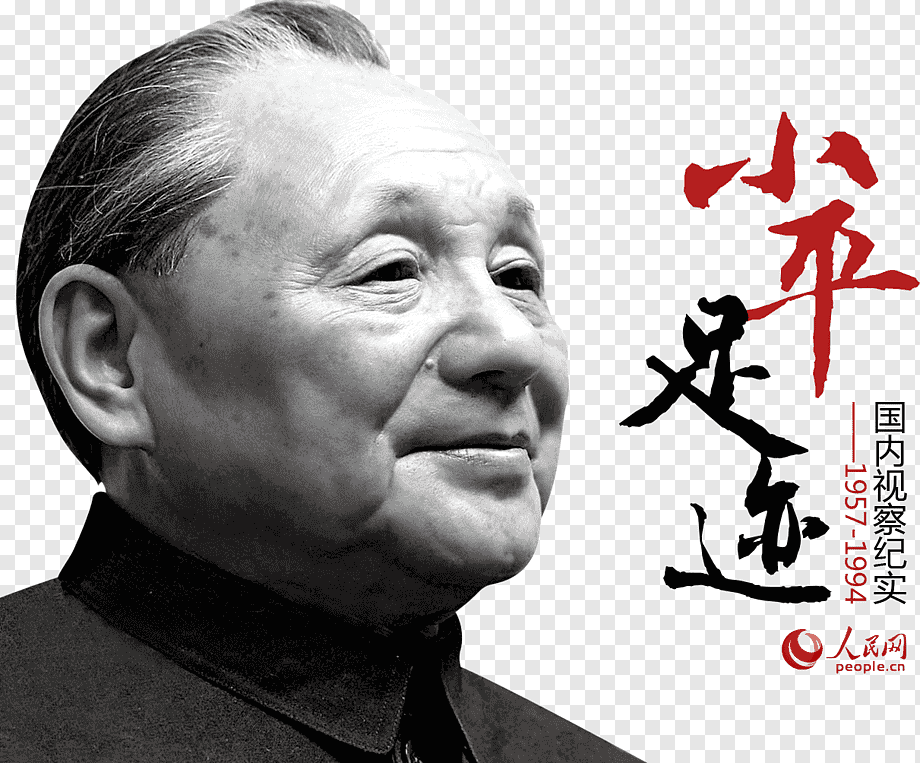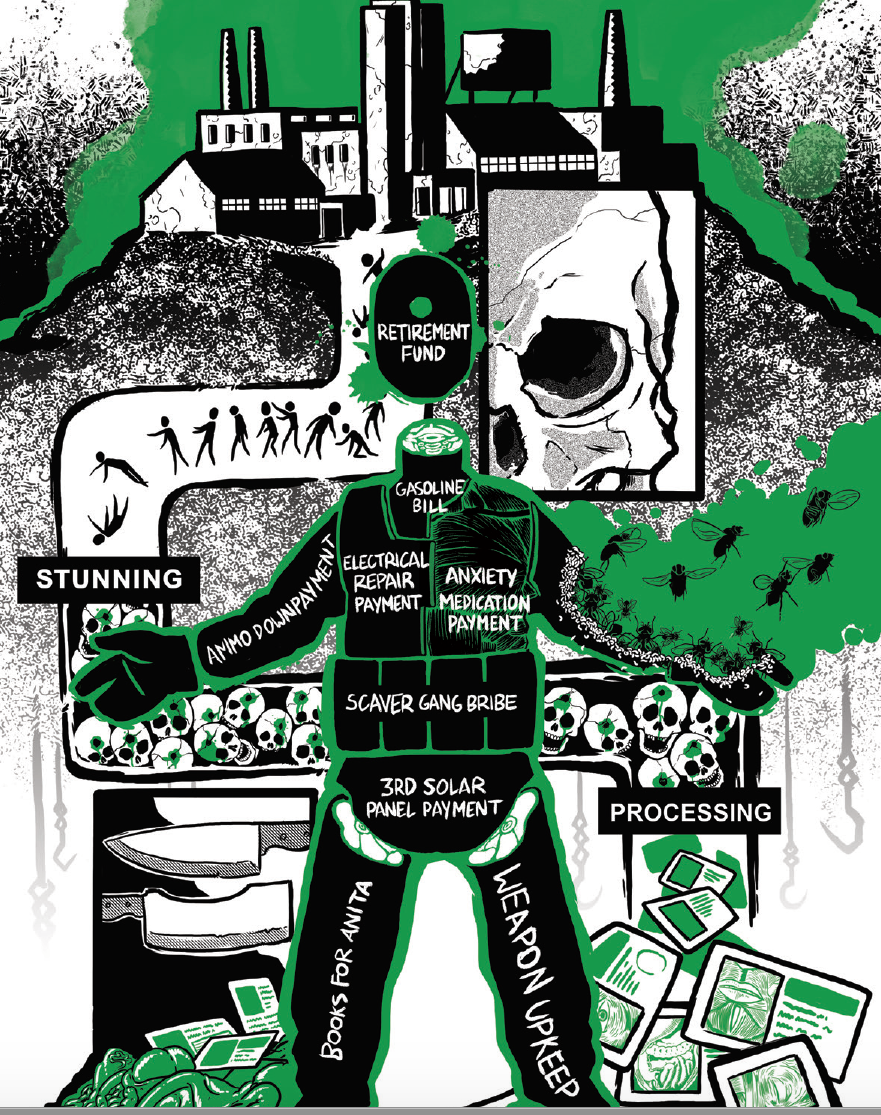To be fair, you have to have a very high IQ to understand Blue's Clues. The humour is extremely subtle, and without a solid grasp of theoretical physics most of the jokes will go over a typical viewer's head. There's also Blue's nihilistic outlook, which is deftly woven into his characterisation- his personal philosophy draws heavily from Narodnaya Volya literature, for instance. The fans understand this stuff; they have the intellectual capacity to truly appreciate the depths of these jokes, to realise that they're not just funny- they say something deep about LIFE. As a consequence people who dislike Blue's Clues truly ARE idiots- of course they wouldn't appreciate, for instance, the humour in Blue's existential catchphrase "a clue a clue," which itself is a cryptic reference to Turgenev's Russian epic Fathers and Sons. I'm smirking right now just imagining one of those addlepated simpletons scratching their heads in confusion as Traci Paige Johnson's genius wit unfolds itself on their television screens. What fools.. how I pity them. 😂
And yes, by the way, i DO have a Blue's Clues tattoo. And no, you cannot see it. It's for the ladies' eyes only- and even then they have to demonstrate that they're within 5 IQ points of my own (preferably lower) beforehand. Nothin personnel kid 😎
Blues Clues and "Scott's Tots". High IQ required or don't even bother
Unironically Deus Ex, it's full of cookie-cutter crazy conspiracy theories and references, but it introduced me to the literary genre of Cyberpunk and it's surrounding culture back in the day. If it wasn't for it, I probably wouldn't be so critical of modern consumerism and corporate culture. It helps that a lot of the game's social commentary remains very topical twenty years later, they simply don't make games like this anymore.
They Thought They Were Free. Book caused me to reevaluate exactly how politics at individual and social levels happened and how fascism works without any individual being inherently "evil." Class politics and interests followed closely behind to explain how evil can arise among populations that all consider themselves "good people"
"This separation of government from people, this widening of the gap, took place so gradually and so insensibly, each step disguised (perhaps not even intentionally) as a temporary emergency measure or associated with true patriotic allegiance or with real social purposes. And all the crises and reforms (real reforms, too) so occupied the people that they did not see the slow motion underneath, of the whole process of government growing remoter and remoter.
https://press.uchicago.edu/Misc/Chicago/511928.html
Honestly, I see this text often quoted form the book but I don't find it super useful as a way to understand fascism. The steps and reforms were all taken for a reason and people agreed with that reason, even the apprehensive agreed enough to stay seated. I think this "separation" isn't the best thesis out of this book, because the Nazi Party didn't shift too much in terms of popularity throughout these shifts, except to grow more popular during wartime. The government promised something and many accepted those conditions or at least lent moral license to the achieving the goal and were unwilling to oppose the conditions.
Fascism is Liberalism when and where Liberalism fails to accomplish it's promises and must consume the people and stuff at the periphery to achieve its goals. A government is just as "far" from its people when it is doing good things that it's people desire as when it does bad things.
I love the book but have major issues with the ideological assumptions, mostly surrounding fascism's relationship to its people and to other ideologies
Andor baybee, Star Wars is at it's best when it's at it's most

There have been several. I'll pick Eric Berne's book Games People Play.
I immediately recognised a few that I had played and, having been 'called out' on them by the book, it did lead me to stop and behave more constructively.
The ones that affected my life the most are probably Chuck Palahniuk's books. I read them as a teenager.
Godel, Escher, Bach by Douglas Hofstadter
Its quite the yarn: hard to believe it was hidden inside my string
Max Payne 2 had a huge influence on my interest in narratives in general and also ingrained noir into my skull permanently.
Terminator 2 made me want to get into movies and cameras. Along with The Thing
Dead Labor: Toward a Political Economy of Premature death does an excellent job at breaking down how capitalism literally profits off of your death.
Morrowind because I'm one of those people. But for real, that game in part defined large parts of my life. I got frustrated with the limits of the game so I started making mods, then got frustrated with the limits of the engine so I learned how to make my own. Now I work adjacent to the game industry with plans to get back into the industry proper in a couple years. Making games is all I've ever wanted to do and I owe a big part of that to Morrowind and the construction kit.
No surprisingly, I haven't managed to contribute to the project. Reminds me I should definitely look into that though
The Dune trilogy when I was in something like 6th or 7th degree. It was just such a great piece of fiction to introduce quite a few philosophical thoughts at the time. I still enjoy the books. (and the old film with Sting in it)
Heinlein's "The Door Into Summer". Both beacuse it reminds me that I might never find what I'm looking for; and because it taught me to never give up on looking, anyway.
I was bored on an airplane a while back and discovered a Japanese movie adaptation of A Door Into Summer: https://www.rottentomatoes.com/m/the_door_into_summer
It'd been 25 years since my mom read the story to me so I can't tell you how accurate the adaptation is but it hit the parts I remembered.









